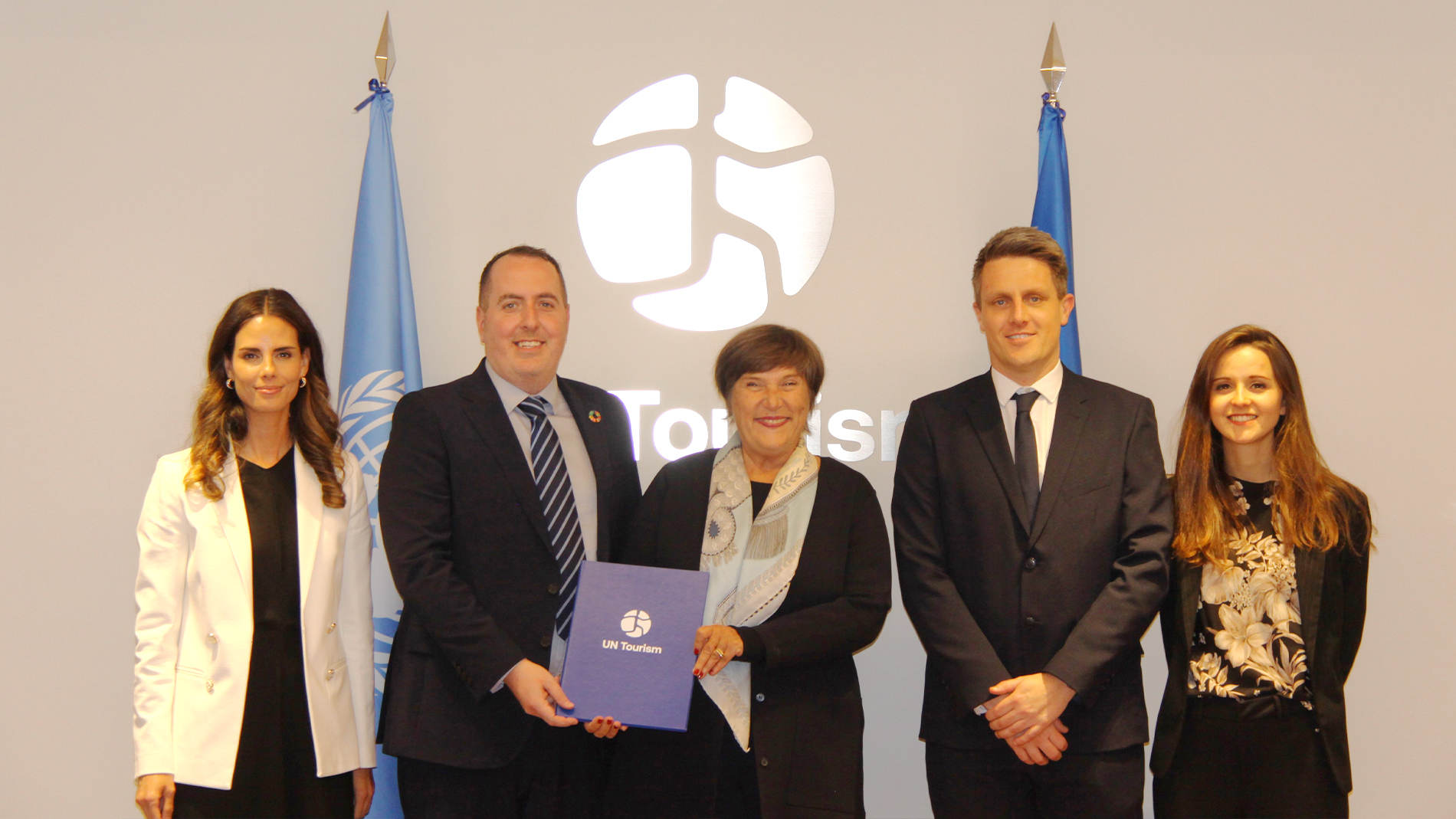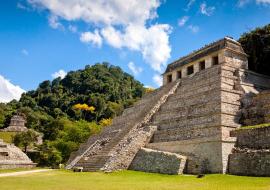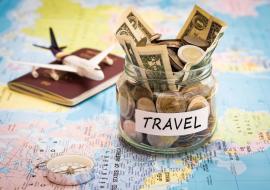UN Tourism, easyJet Holidays Partner for Tourism Businesses

UN Tourism and easyJet holidays have intensified their collaboration to create an innovative Environmental, Social, and Governance (ESG) Framework for tourism businesses.
This initiative aims to address the growing need for a unified system to measure and report the sector's sustainability performance as global tourism approaches full recovery post-pandemic, with international arrivals now at 96% of pre-pandemic levels.
With the tourism sector facing increasing pressure to go beyond economic metrics and assess impacts related to environmental sustainability, community well-being, and employee welfare, the lack of a standardized ESG reporting framework has become a key challenge. Currently, tourism companies lack a consistent way to measure, compare, and communicate their sustainability efforts.
UN Tourism, in partnership with easyJet holidays, is stepping up to meet this challenge. Together with the University of Oxford’s SDG Impact Lab, they are developing the first harmonized ESG Framework for tourism businesses. This framework will help companies monitor and report on sustainability metrics more effectively. As a founding partner of the initiative, easyJet holidays is expanding its role, supporting research, stakeholder engagement, and awareness initiatives as the framework moves into critical pilot testing phases.
UN Tourism Secretary-General Zurab Pololikashvili emphasized the importance of this collaboration, noting that public-private partnerships will be key in scaling up sustainability efforts across the industry. He stated, "UN Tourism is proud to be working with easyJet holidays to address the vital need for a clear, consistent ESG Framework for our sector."
Garry Wilson, CEO of easyJet holidays, echoed these sentiments, stressing the importance of collaboration between the public and private sectors to drive progress towards the Sustainable Development Goals (SDGs). "We’re extremely proud to continue our partnership with UN Tourism as a founding partner in developing the first consistent ESG framework for the tourism industry," said Wilson.
The development of this framework has been informed by extensive research, including input from nearly 600 tourism companies worldwide, ensuring it addresses the industry's real-world challenges and opportunities. The ESG Framework is closely aligned with the UN’s "Statistical Framework for Measuring the Sustainability of Tourism" (SF-MST), which provides a standardized approach for measuring tourism sustainability at both local and global levels.
By extending these principles to businesses, the ESG Framework aims to create greater alignment between public and private sector data, ultimately contributing to a more sustainable and responsible global tourism industry.














